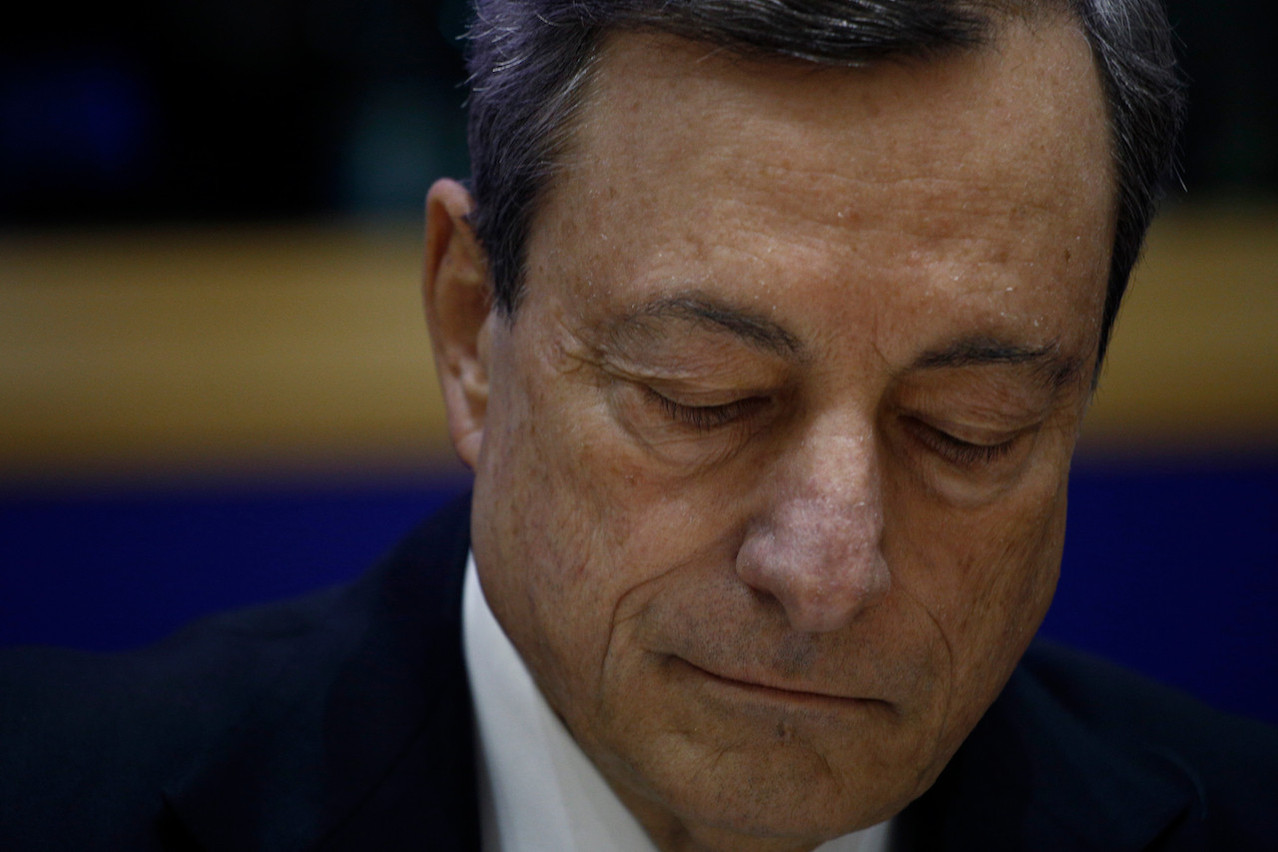Does Quaero sound familiar? Theseus, perhaps? Or neither? Never heard of Europe’s Google? Of course not. Launched on 26 October 2004, the pride and joy of French president Jacques Chirac, this project did not survive its second birthday, when Deutsche Telekom and Germany decided to make different technological choices from France. Hundreds of millions of euros were swallowed up: 300m French and German euros, plus 120m European euros for the German Theseus and 99m for the French Quaero, but that’s not quite the problem.
No. The problem is that, 20 years on, Europe is still incapable of producing tech champions, even though it’s all about technology--and not least because the European market is still so fragmented.
The fact that we sneer at artificial intelligence or foolishly mock the Chinese, who are already the world’s largest producers of solar panels by a long way, is in itself a sign that we have learned nothing and understood nothing about technological change. No European technology company has a market capitalisation of $100bn, while the Americans have six with a market capitalisation of over $1trn. So what? Professional investors wouldn’t put a kopek into Europe and, a situation that dismays the rector of the University of Luxembourg , amongst others. Young Europeans continue to see Silicon Valley as Eldorado. Big projects end up moving to the United States to grow, or failing by staying on the continent. 30% of European unicorns have already headed for America.
Worse still, as Stripe CEO Patrick Collison points out, before talking about a single market, Europe--the world champion of regulation--must realise that it now has 100 regulations on technology and 270 regulators for the digital world. Europe continues to encourage gold-plating, that moment when a European entrepreneur has to settle two problems--who has the best potential for their product or service and where the legislation is most favourable, not to mention the many subsidy schemes. The cost of complying with regulations is therefore perfectly bearable by American or Chinese companies and their armies of lawyers, whereas an innovative European entrepreneur has to pray to launch himself on a second, then a third European market, discover the subtleties and hope not to be sidelined by a copycat...
In the competitiveness report, Mario Draghi has proposed the creation of an EU-wide legal statute (called the “Innovative European Company”), which would “provide companies with a single digital identity valid throughout the EU” and be recognised by all member states. But it’s not certain that the proposal--which, according to his calculations, could benefit 180,000 innovative companies (startups or innovative businesses) in Europe--will put an end to this fragmentation. It would take a telephone directory or a 3 Suisses catalogue--for those who remember--to consolidate all the differences within Europe itself.
No, we need a positive project for Europe. A project in which politicians do not say one thing at home and another at the European level. And a leader to carry it forward, who can gently put the Germans and the French in their place, which will be less difficult today than it was a few years ago...
For example, one lesson can be drawn from the : if Europe acted as one man (or woman), it would have the means to finally make its mark in the field of green technologies, which is far from trivial, since we absolutely have to review our sustainable model. Of course, it would need to produce dedicated talent, much more than that. Of course, we need to ensure that the funds allocated under European programmes are evaluated according to their effectiveness. Of course, there are 1,000 things to do. Rome wasn’t built in a day. But can we really get going instead of piling up reports?
This article was originally published in .
